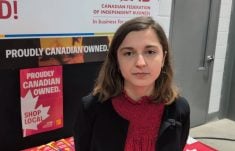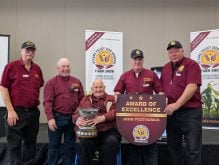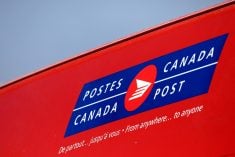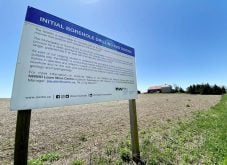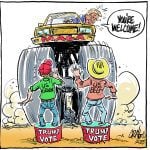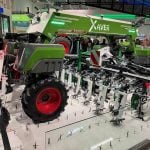The Barnyard Language podcast is a universal, straight- out-of-the-gate reaction to daily farm life.
It delves into the challenges of parenting, farming, and life’s transitions from both sides of the Canada-United States border with humour and soul-baring honesty.
Why it matters: Farm life can be isolating, and the pandemic intensified the need for an understanding and non-judgmental support system amid farm and parent-related demands.
Read Also
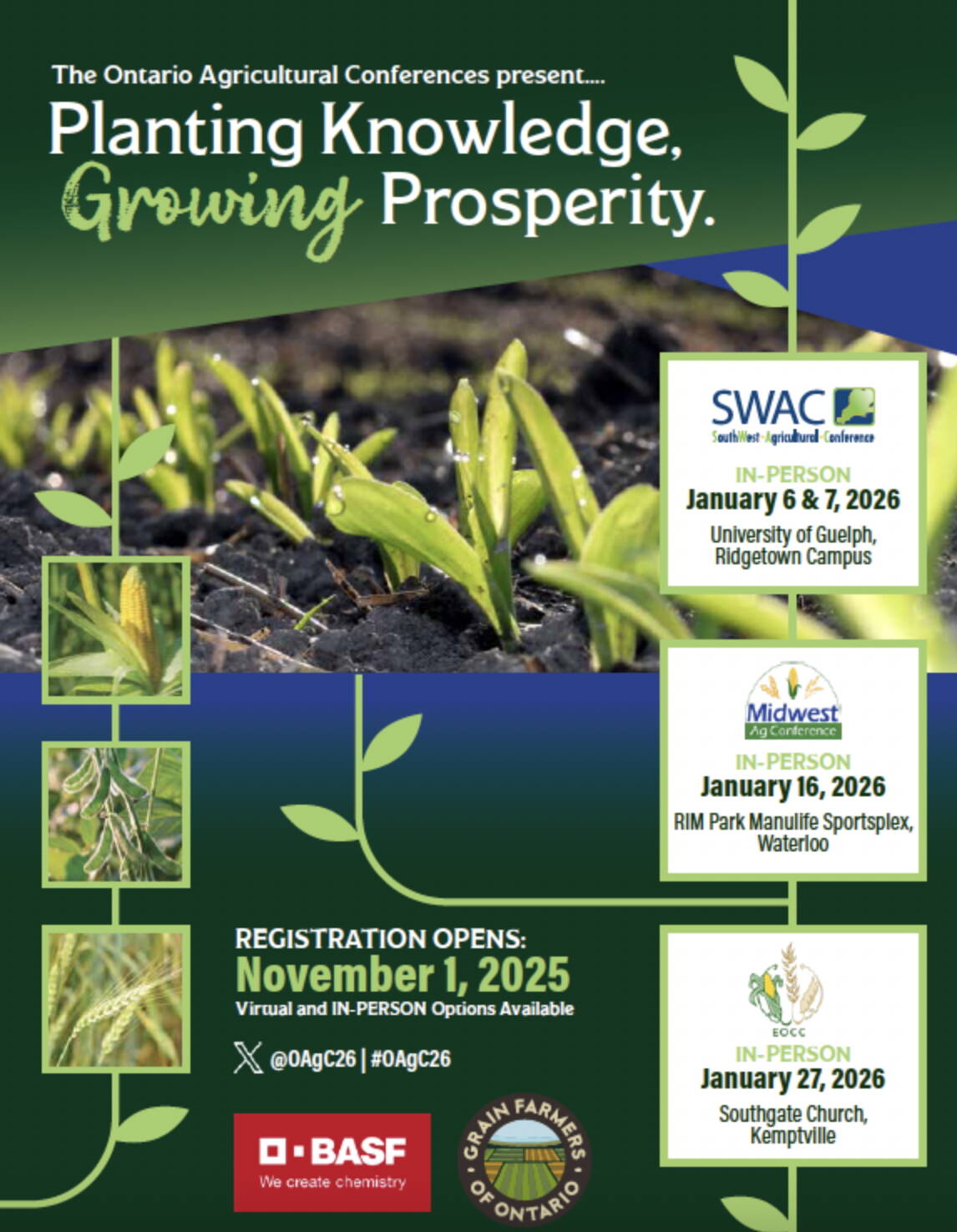
Ontario Agricultural Conference increases accessibility
The Ontario Agricultural Conference 2026 offers in-person and online access to expert insights, hands-on learning, and networking opportunities.
Arlene Hunter and Caite Palmer, long-time farmers and first-time podcast hosts, have powered through many topics around parenting, farming, infertility, eating disorders, animal welfare and diversity in the agricultural sector since the inaugural episode launched on Aug. 16, 2021.
“The words community and connection are what we’re always focusing on,” said Hunter. “We want this to be something people can relate to, and hopefully a community can be created.”
Between them, Hunter and Palmer are raising six children ages five to 17, which provides a wide breadth of experience to draw on for the parenting aspect of the show. Hunter and her family farm full-time on an Ontario dairy, while Palmer and her husband run a beef and sheep operation in Iowa and have off-farm jobs.
“That’s a good dynamic, too, because sometimes I forget other people are coming home at the end of a workday and doing another workday,” said Hunter. “I think the international thing works well for us, too, because we can all get narrowed in too far into our own industry. We’re always finding things out about each other’s countries that we didn’t realize were a thing.”
Barnyard Language seeks guests who don’t necessarily reflect the stereotypical farmer or parent because, said Hunter, agriculture is more than what is represented in most media.
“The diversity of the workforce (goes) beyond who owns the property, (it’s) also who works with us because they’re very much part of agriculture, too. They also have different versions of isolation.”
The women tackle complex subjects like finances, livestock care, stress, sexuality, farm safety, and kids working on the farm, to name a few.
A recent episode explored rural childcare options and the stigma attached to farm families who use that service when they can.
“There’s this vision of the farm family where everyone stays home and the kids help or tag along,” said Hunter. “Sometimes that works and sometimes it really doesn’t. To be able to figure out childcare that works for people – there’s a lot of different factors to that.”
Barnyard Language explores the many transitions of parenthood and agriculture and the expectations people carry into those events.
Before the pandemic, Hunter’s children were in school, giving her time to invest in personal growth. Once the lockdowns hit, she had a full house and yearned to offset feelings of isolation and maintain a connection to people outside the farming community.
“(In the early days of parenting) finding spaces and friendships at a time where you were barely keeping your head above water was definitely a challenge. The pandemic kind of brought a lot of those feelings back around that I thought I had dealt with or left behind, maybe.”
Hunter was hesitant when Palmer approached her about launching a parenting podcast with an agricultural lens. Now she is grateful she took a chance.
She said the podcast expanded her sense of self outside of being a parent and farmer while providing other parents, farmers and non-farmers with an online community to share experiences and cultivate an agriculture knowledge base.
“Every single person we’ve talked to, I felt a connection with and felt like we were able to have a common language and learn from each other,” she said.
“It’s just been mind-blowing to think each of these conversations has added something to my life, and I hope when people are listening, they’re getting something out of it too.”






